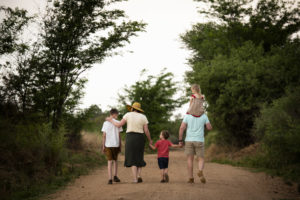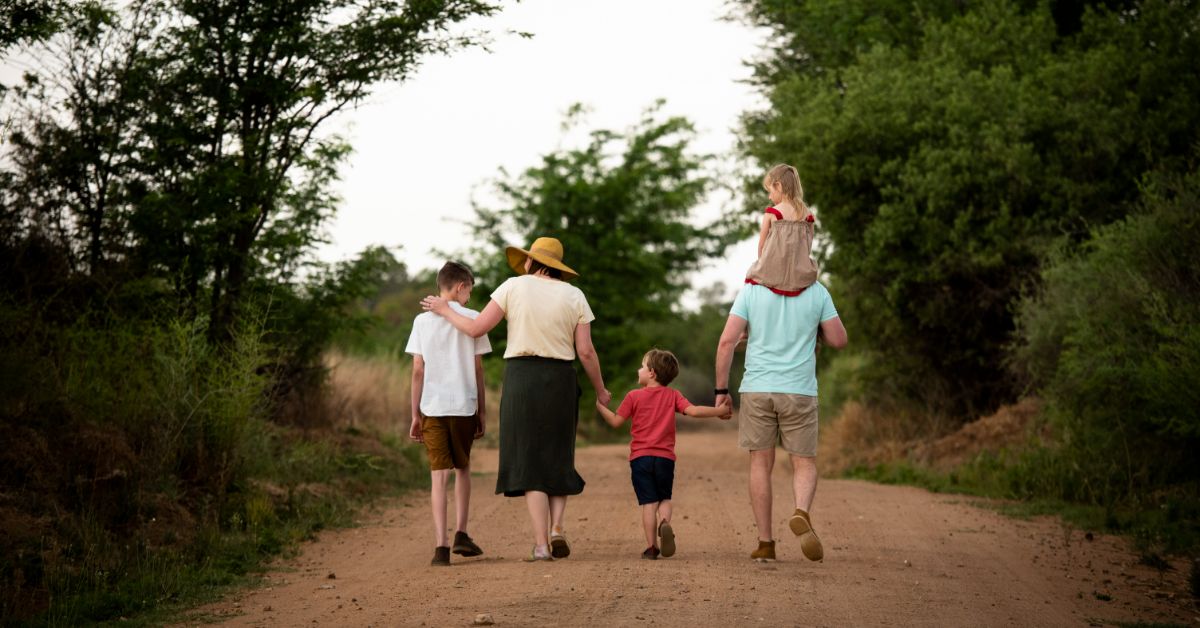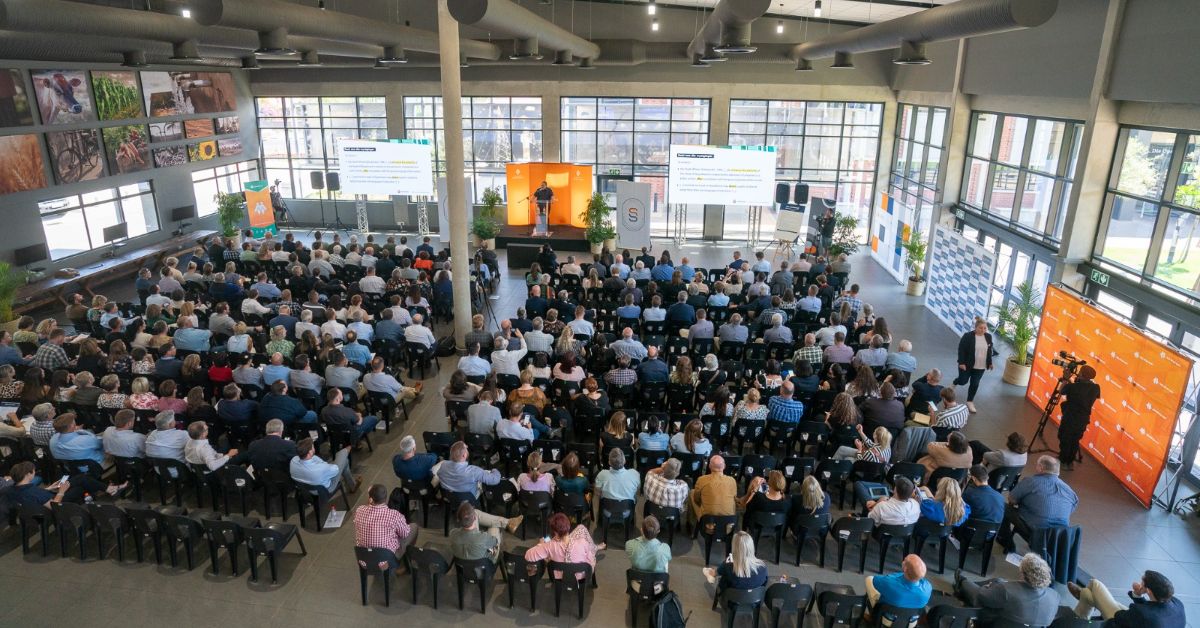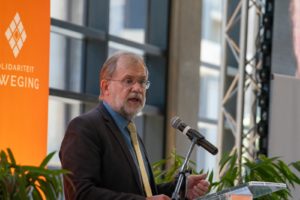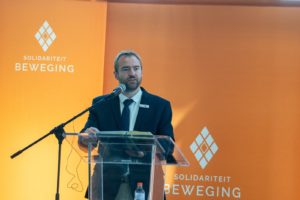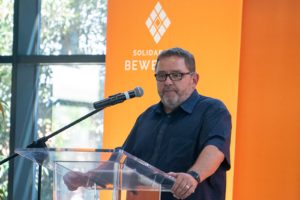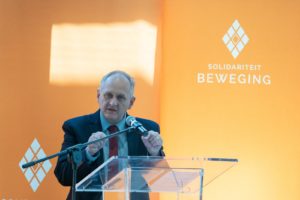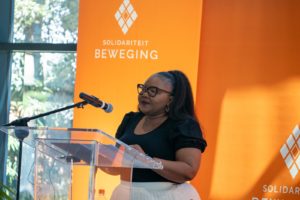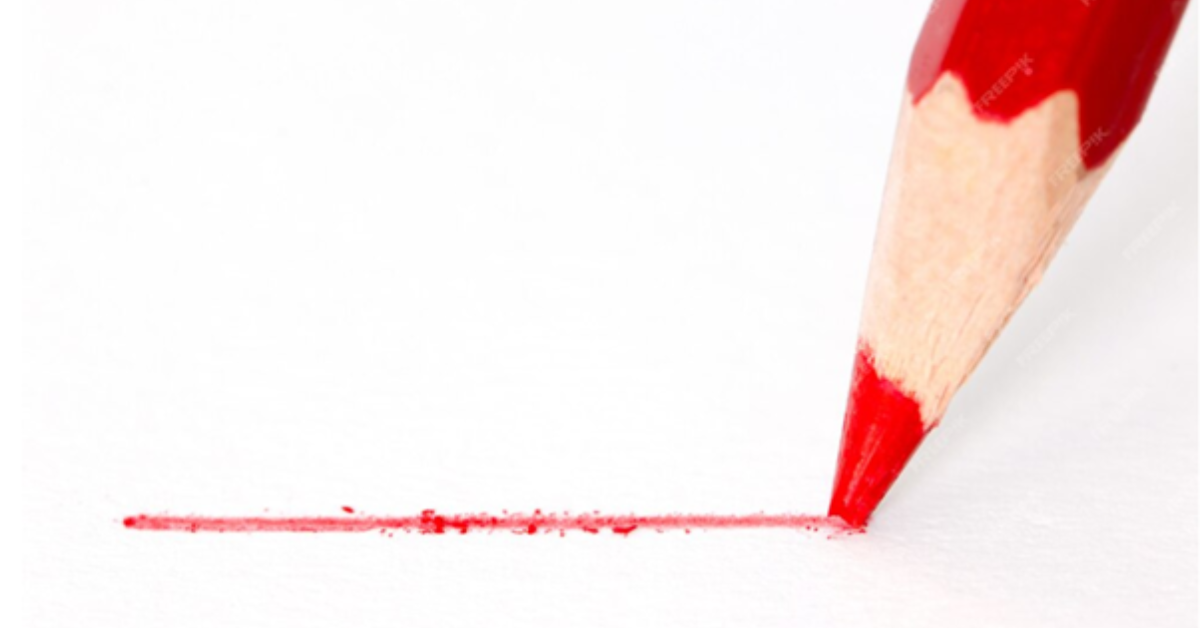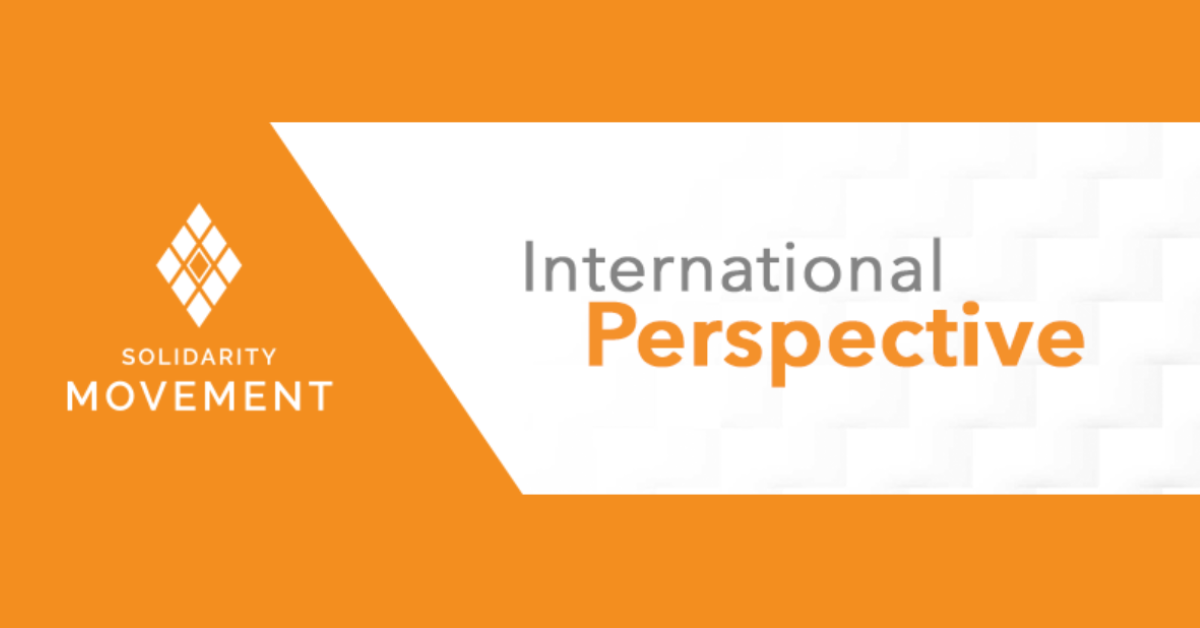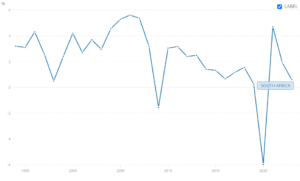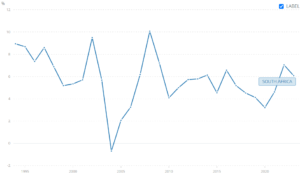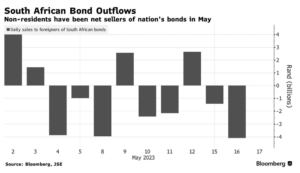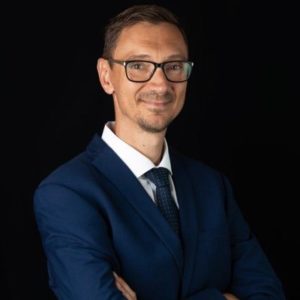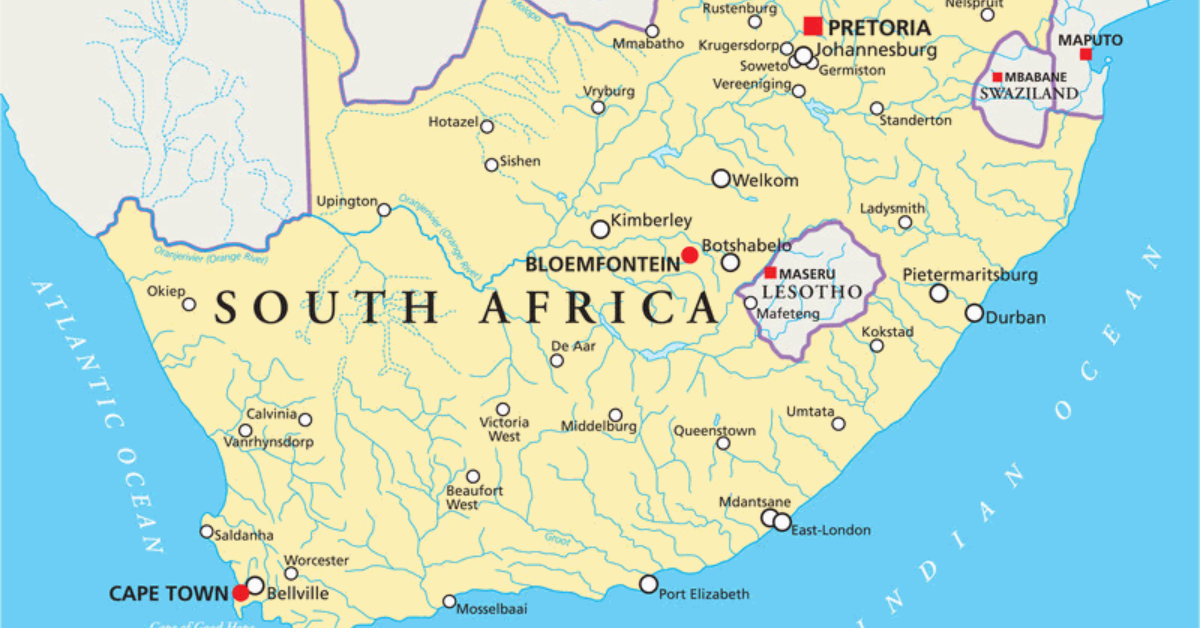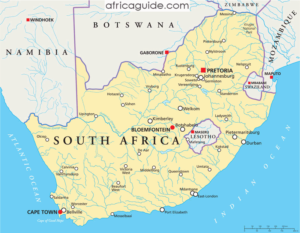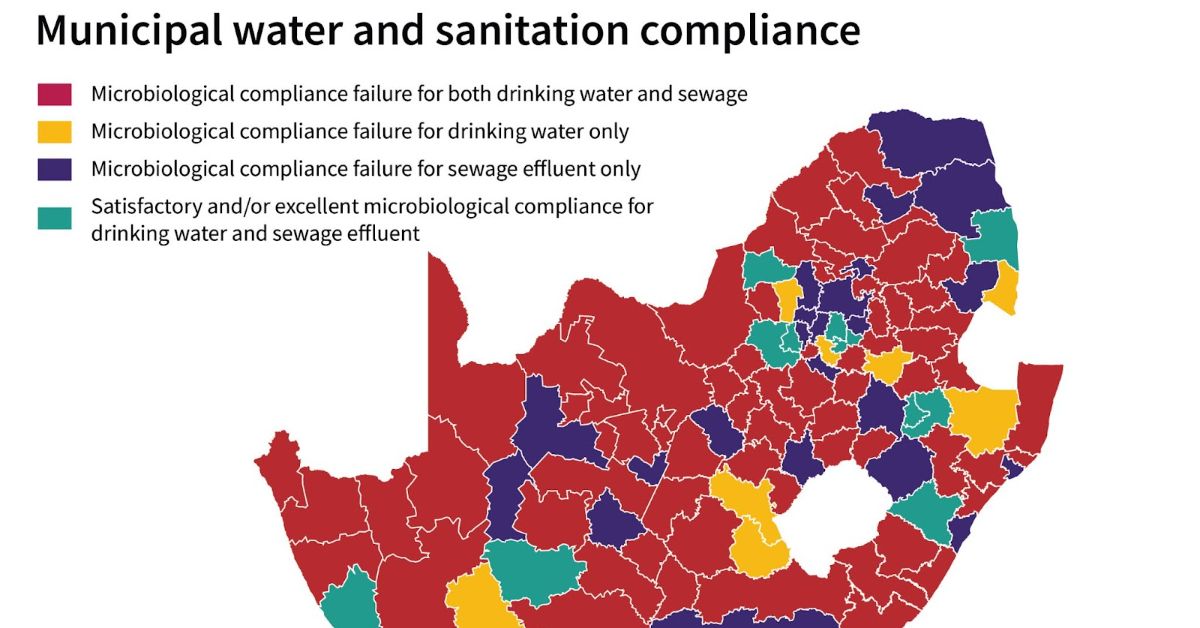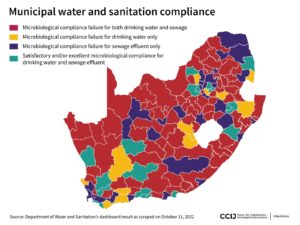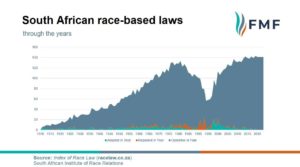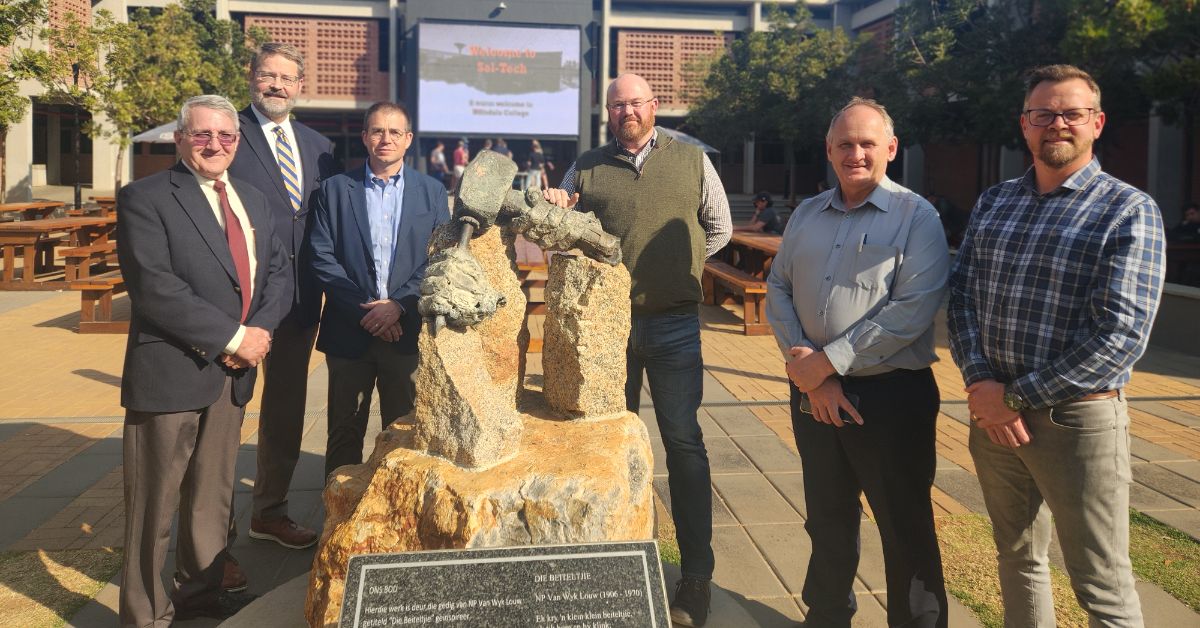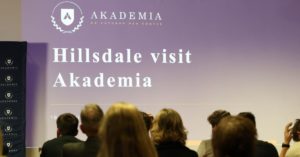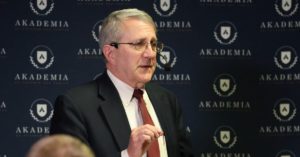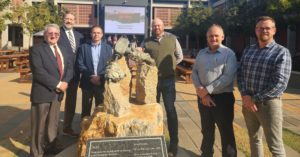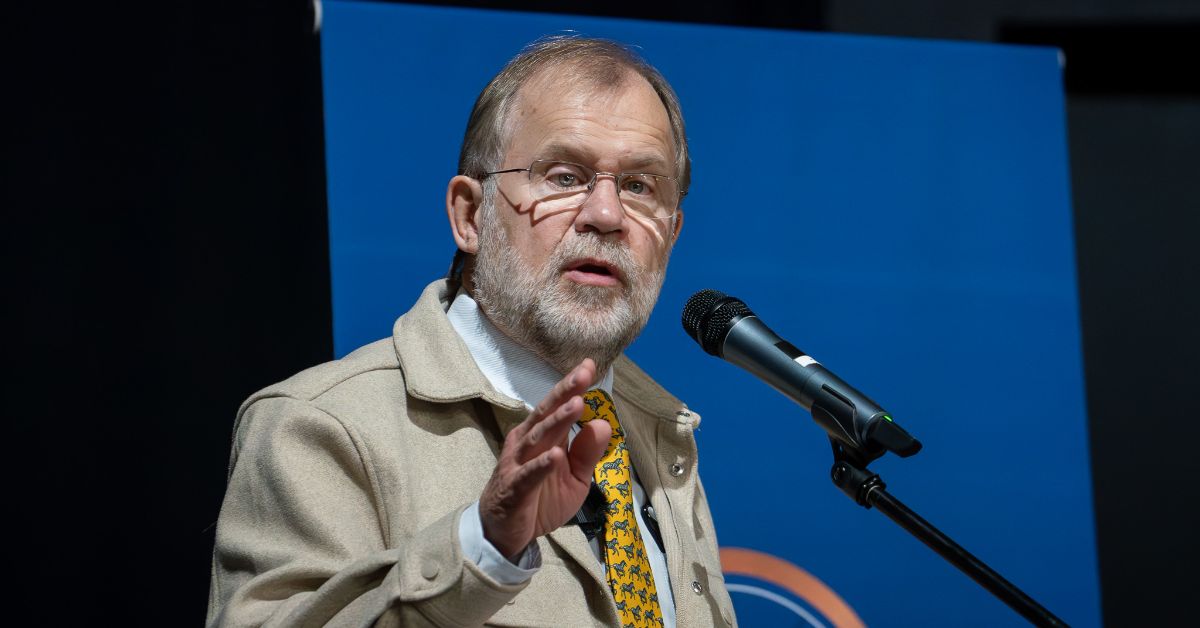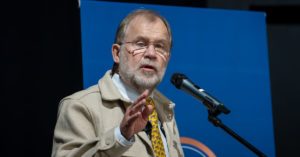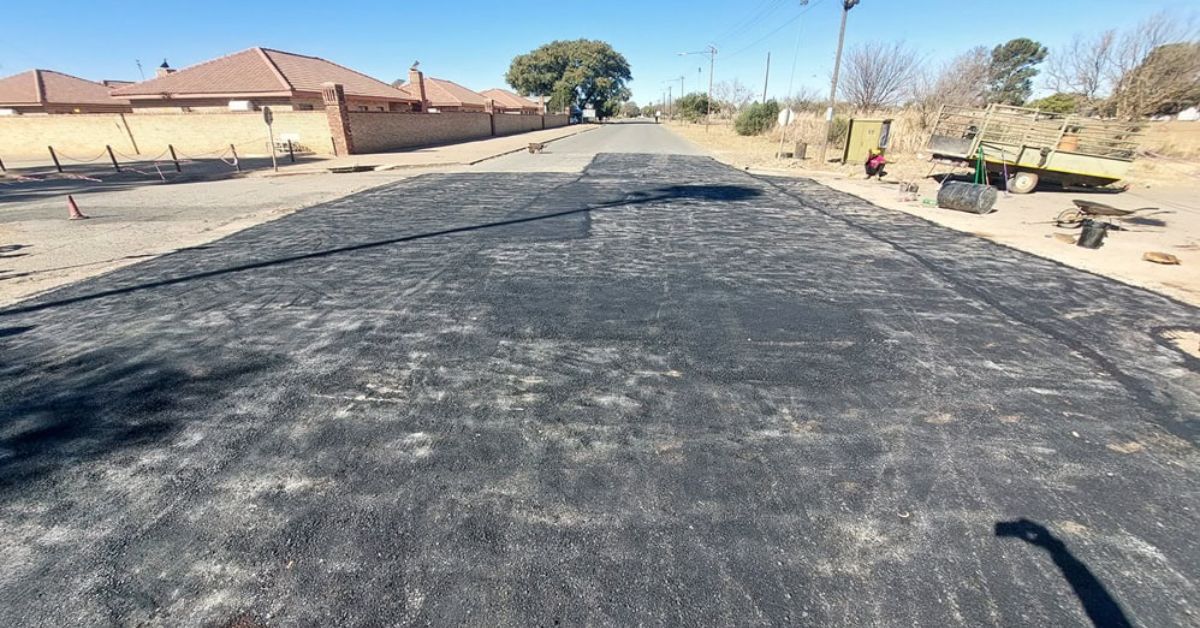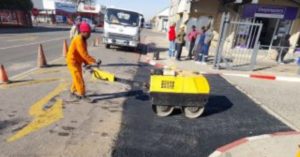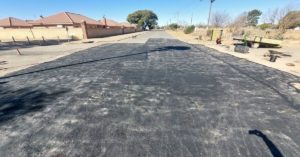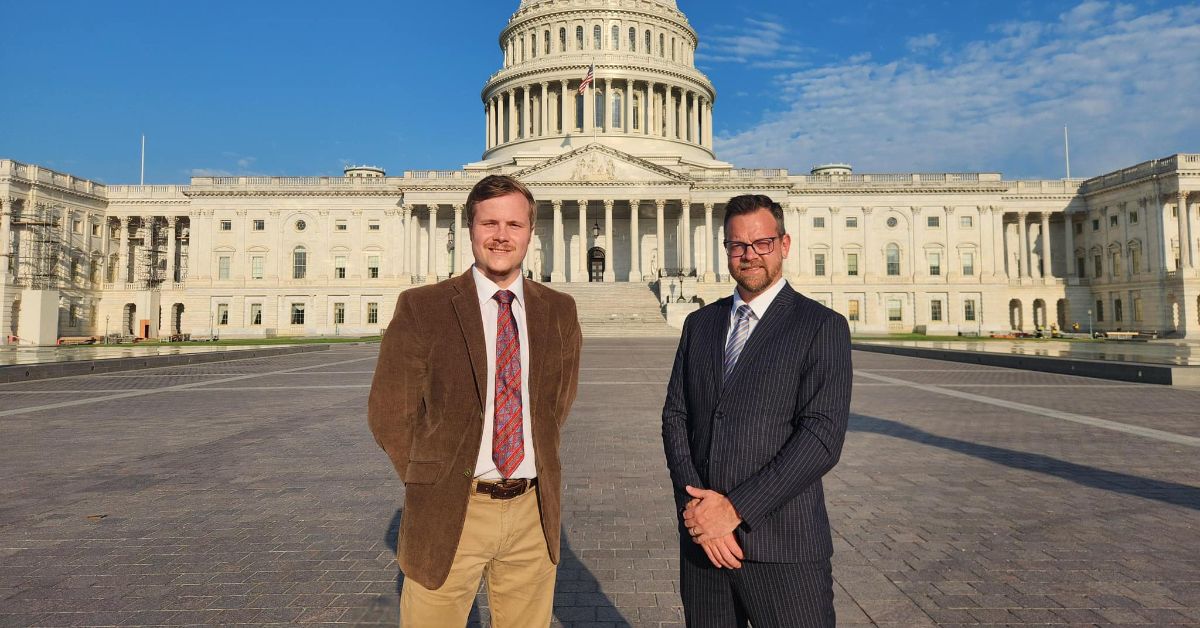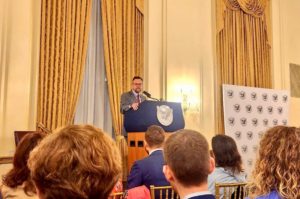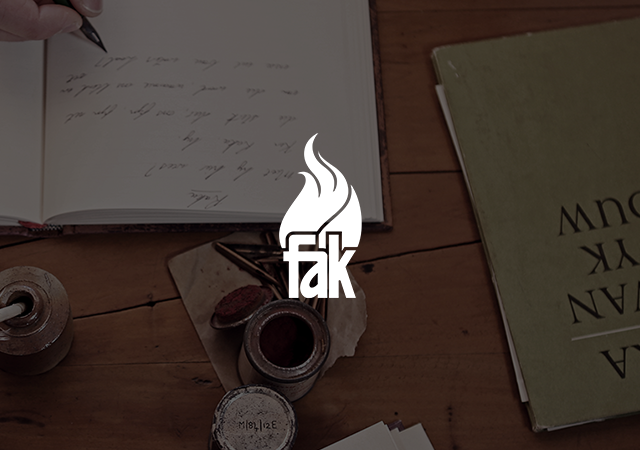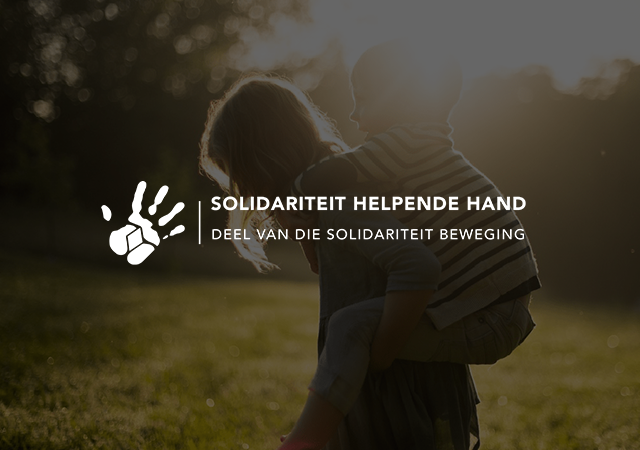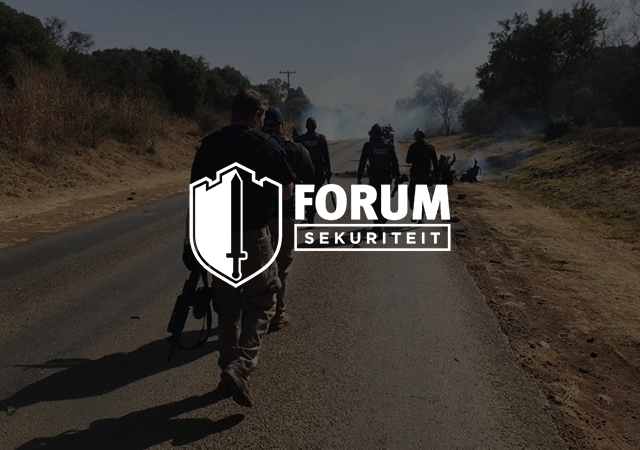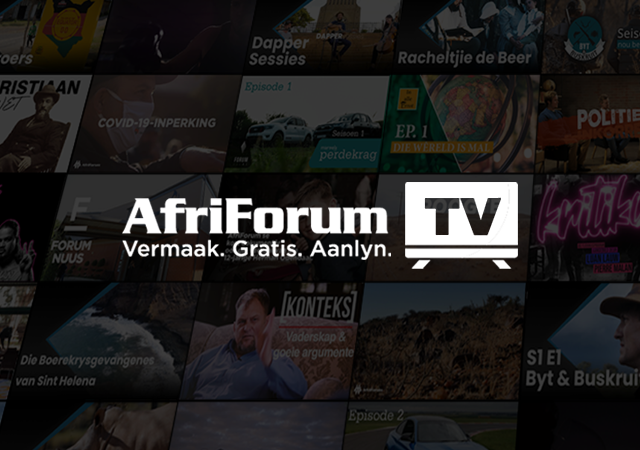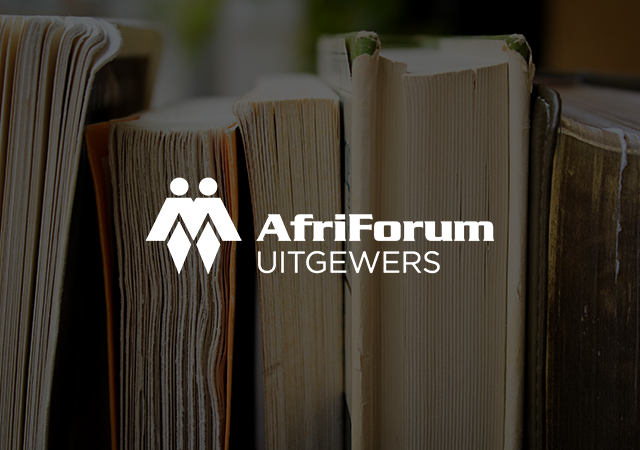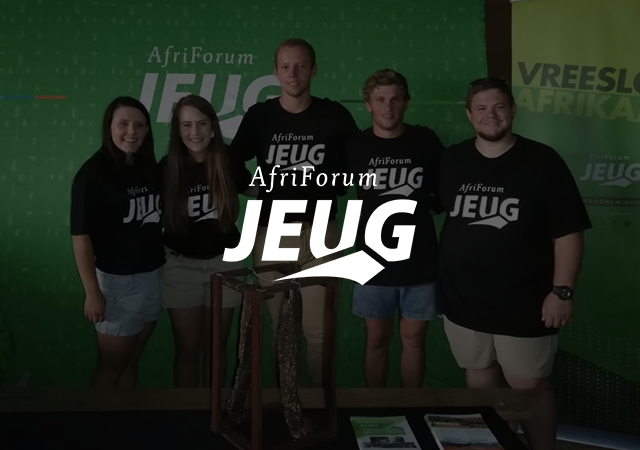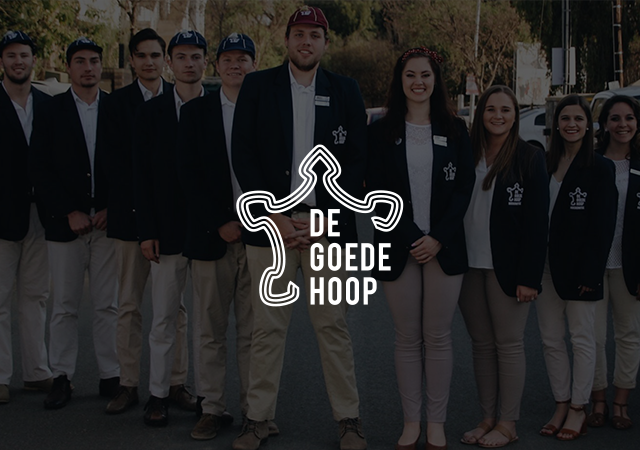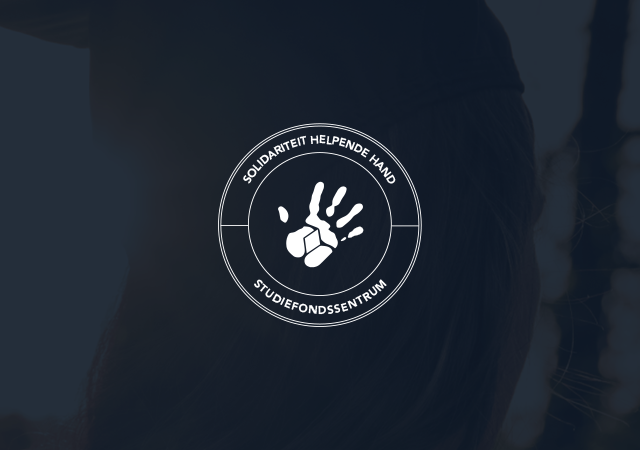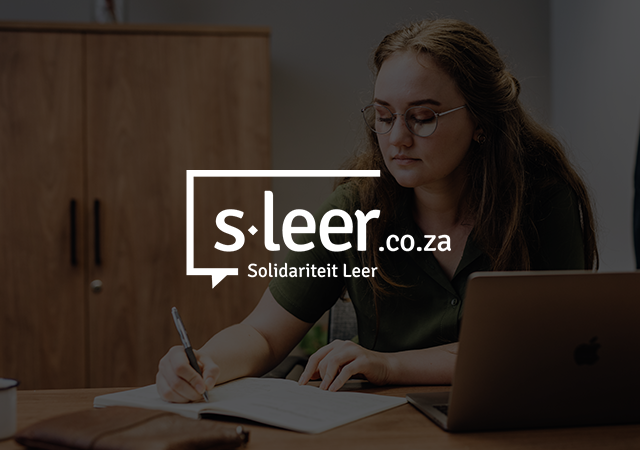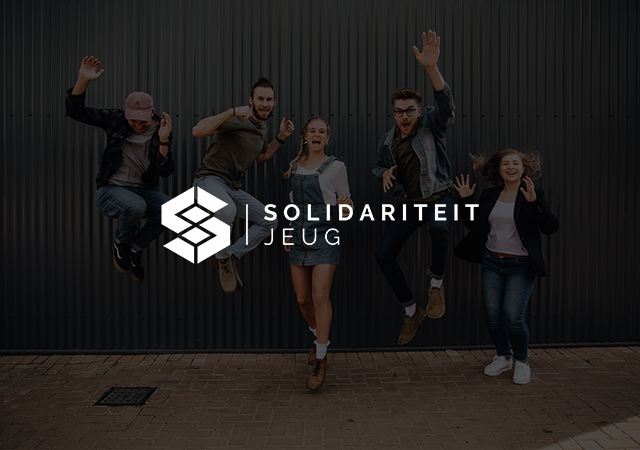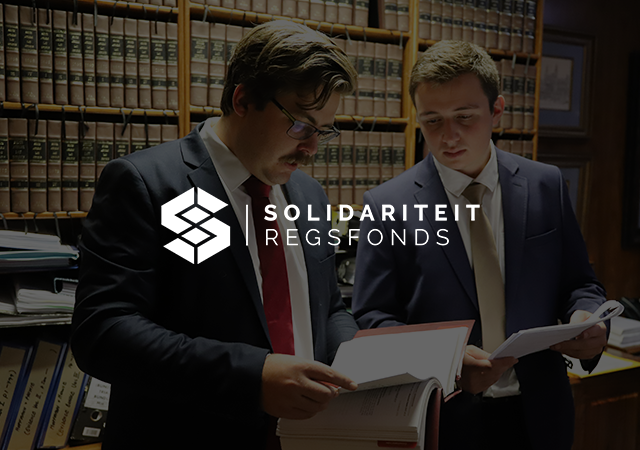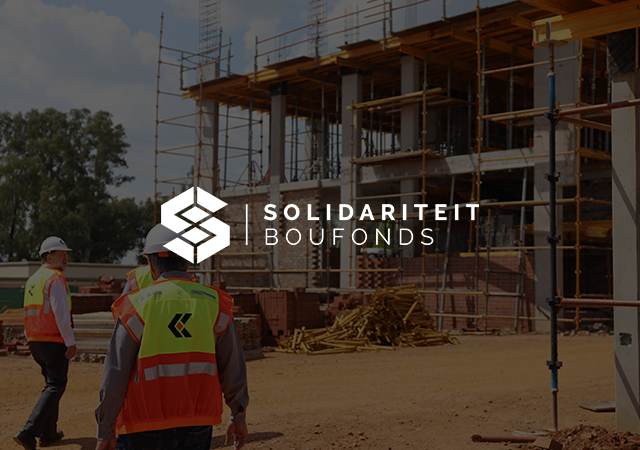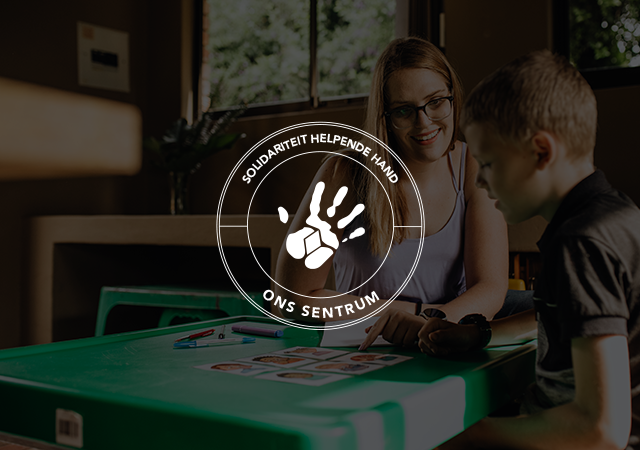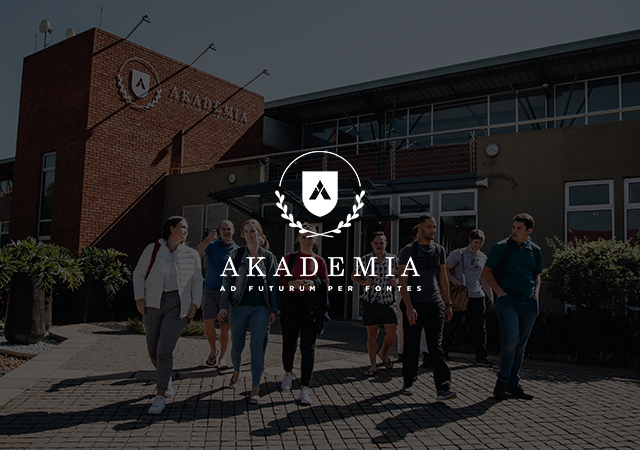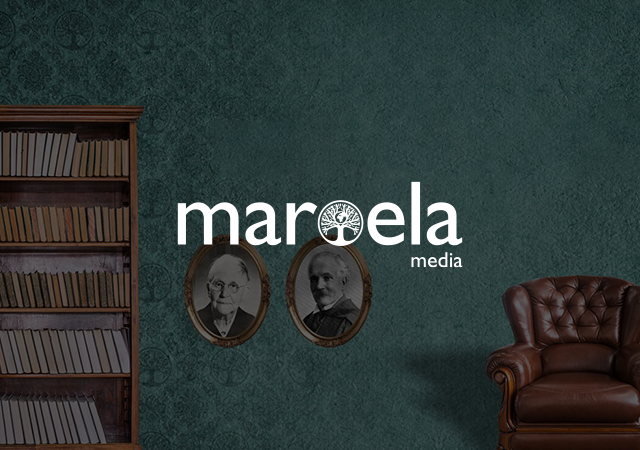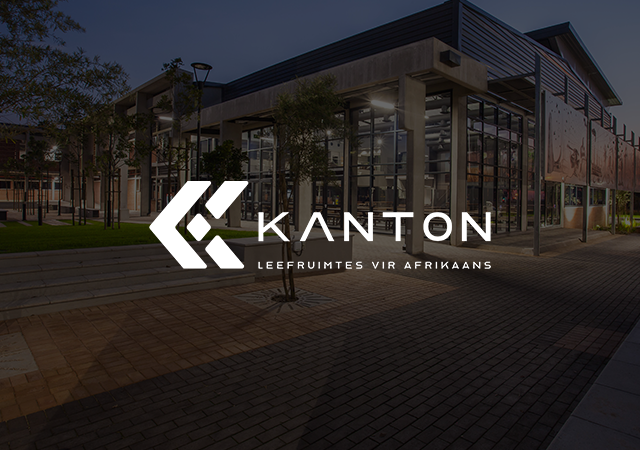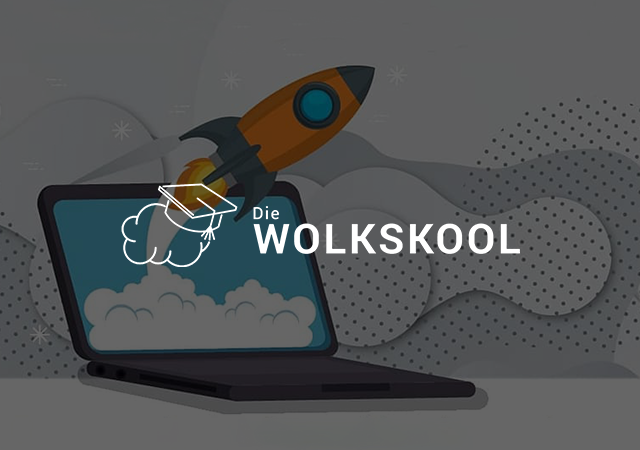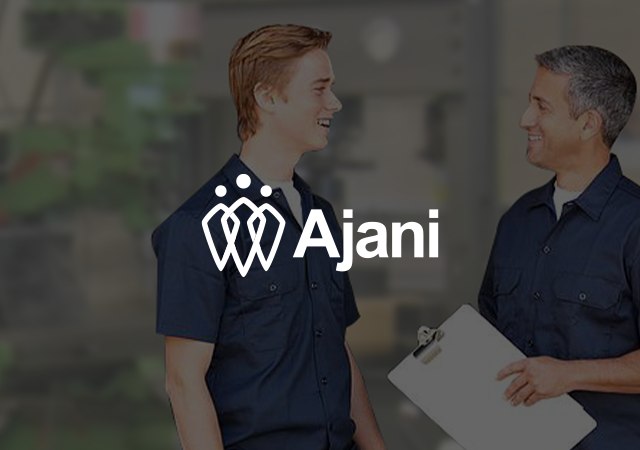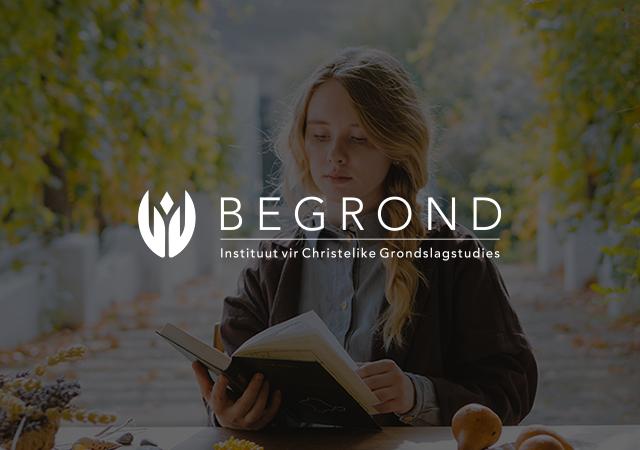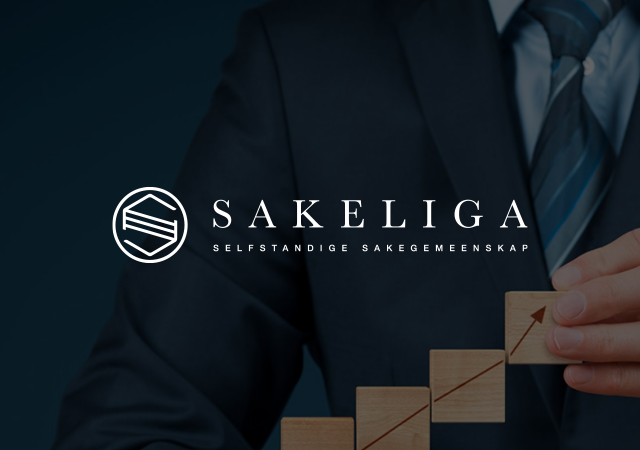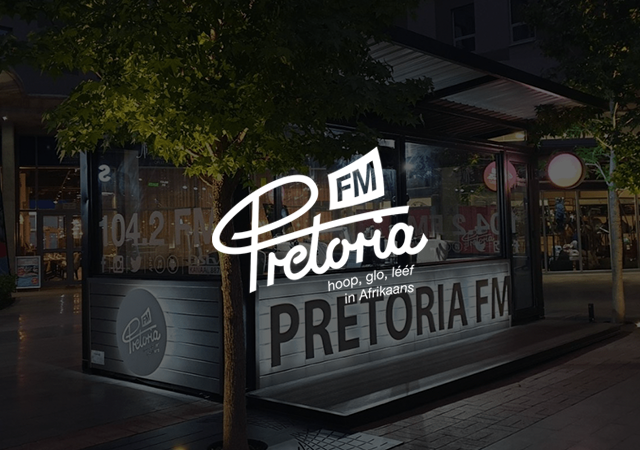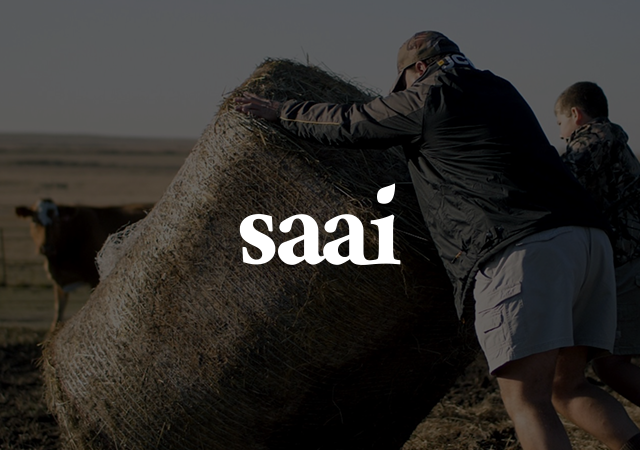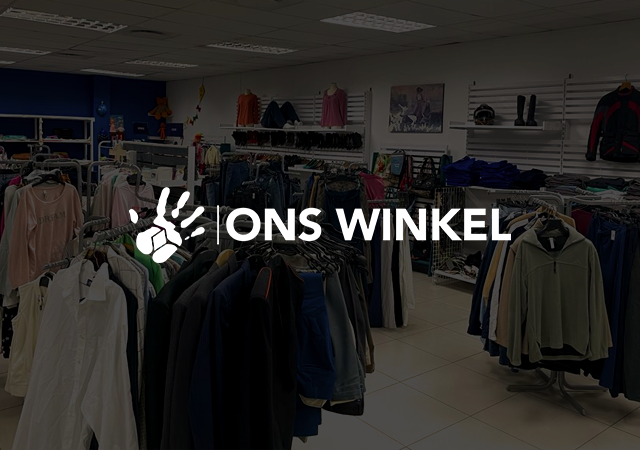The Afrikaners are a nation in South Africa, mainly descendants of Dutch, French Huguenots and German settlers who had immigrated to the Cape of Good Hope from the mid-17th century. They have developed a unique cultural and linguistic identity, which is centred around the use of the Afrikaans language and Calvinism as their religious belief.
Origin and identity
Afrikaners’ identity is deeply rooted in a complex history of colonisation, conflict, self-determination and adapting to an African context since 1652. The origin of the Afrikaners can be traced back to the establishment of the refreshment station in the Cape by the Dutch East India Company, or the Vereenigde Oost-Indische Compagnie (VOC), in 1652. During the centuries that followed, this unique community named itself after Africa and developed a language, Afrikaans, which originated from Dutch and which also inherited influences from other languages such as Malay, Portuguese and the indigenous languages of the Khoi and San.
The freedom struggle of the Afrikaners in South Africa is a deeply interwoven narrative that spans across more than three centuries. It is a story of resilience, identity and the constant quest for self-determination during various types of oppression. This analysis will examine the most important moments and phases of this struggle, and will attempt to unravel the Afrikaners’ complicated path to freedom in South Africa.
The settlement at the Cape: The beginning of a new nation (1652 – 1795)
The arrival of Jan van Riebeeck in 1652, and the subsequent establishment of the refreshment station at the Cape of Good Hope, laid the foundation for the development of the Afrikaner identity. The settlers, who were mainly of Dutch, French Huguenot and German origin, settled at the southern tip of Africa, initially to supply the needs of the VOC’s ships. However, these European settlers soon began to develop a unique identity, modelled on their European heritage, but also adapted to the challenges and circumstances of their new home.
In these early years, the Afrikaners, who were known as “Boere”, adopted a way of life that depended on self-reliance, livestock farming and a strong Calvinist faith. They settled in remote areas and made a living through hard work and a strong belief in their religious calling. This self-reliance and faith played an important role in the development of a strong Afrikaner identity, which would later play a key role in their struggle for freedom.
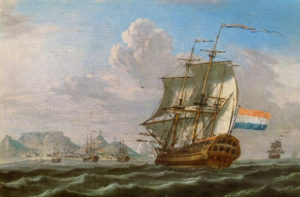
The Great Trek: A quest for self-determination
The American War of Independence, also known as the American Revolution or the American Revolutionary War, which took place between 1775 and 1783, inspired Afrikaners to rebel against British colonial rule and establish independent republics in the interior.
By the early 19th century, the British annexation of the Cape Colony led to increasing tension between the British authorities and the Afrikaners. The abolition of slavery in 1834, together with British interference in the Afrikaners’ way of life, led them to believe that their freedom was threatened. In response, thousands of Afrikaners began the Great Trek in 1836, a massive migration into the interior of South Africa, in search of freedom and self-determination.
The Great Trek was not only a physical movement, but also a symbolic action of secession from British rule and a quest for the establishment of independent republics. Those participating in the Great Trek (known as the Voortrekkers) established their own governments and laws in the new republics such as the Zuid-Afrikaansche Republiek (ZAR) and the Orange Free State Republic. These republics provided a space where Afrikaners could maintain their way of life and realise their cultural and religious beliefs without outside interference.
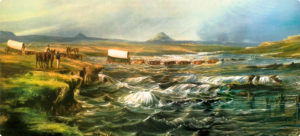
The First Anglo-Boer War (1880 – 1881)
The First Anglo-Boer War (the first War of Independence) was of short duration, but provided an important build-up to the Anglo-Boer Wars. Afrikaner farmers were locked in a complicated, bona fide struggle with imperialism. The British government made unfair demands on the Boers, who became increasingly rebellious and insisted on self-government.
After the Great Trek, the Boers felt that the British would re-annex any establishment of self-government and infringe on the local residents’ freedom. In the end, the Boers united and took up arms against the British government, having a tremendous advantage in combat technique.
The war was of short duration, and in 1881 a peace treaty was signed. However, the tension between the British authorities and the local Boers only increased which ultimately would give rise to another war.
The Anglo-Boer Wars: A struggle for survival and sovereignty (1899 – 1902)
The discovery of gold and diamonds in the Boer Republics in the late 19th century drew the British Empire’s attention to the mineral wealth in the interior. This led to increasing tension between the British authorities and the Boer Republics, which eventually led to the outbreak of the Anglo-Boer Wars. These wars took place from 1899 to 1902 and were a desperate attempt by the Afrikaners to maintain their independence and sovereignty against the powerful British Empire.
The wars were particularly brutal, with the British authorities adopting a scorched earth policy, which led to the scorched farms and the internment of women and children in concentration camps. These camps claimed the lives of over 22 000 children, claiming 33 000 lives in total. The wars left a deep scar on the Afrikaner psyche. Despite the heroic resistance from the Boers, British’s force of numbers eventually prevailed, and the Republics were annexed as part of the British Empire.
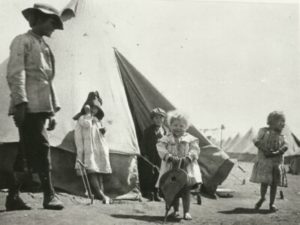
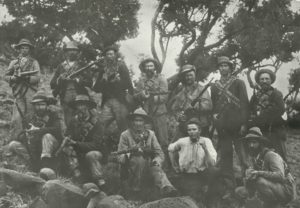
Rising from a scorched earth (1902 – 1948)
After the Anglo-Boer Wars, the Afrikaners found themselves in a difficult position, defeated and humiliated, but with a renewed drive to restore their cultural identity and freedom. During the post-war years, the Afrikaners reorganised themselves, focusing on rebuilding their communities and promoting their language, Afrikaans, and their culture.
The Helpmekaar Movement is the first practical example of how a cultural community stood together to rise from poverty. The Helpmekaar Movement was a fundraising effort after the Anglo-Boer War. Impoverished Afrikaners each donated cents to establish a fund. The movement grew nationwide. The results were astonishing. This money was used to establish a study fund, and the fund is used to this day to fund scholarships for young people.
Furthermore, the establishment of Afrikaner institutions such as the Mine Workers’ Union, the Federation of Afrikaans Cultural Associations (the FAK) and many others, as well as the development of Afrikaans education contributed to the rise of Afrikaner nationalism. This movement aimed to protect the Afrikaners’ political and economic interests and to preserve their cultural heritage. The main political vehicle for this nationalism was the National Party, which won the general election in 1948, and introduced apartheid as a policy to protect Afrikaner interests.
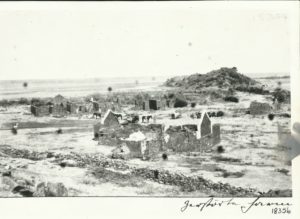
The struggle for self-preservation during the Cold War
Apartheid, introduced in 1948, was a systematic attempt by the National Party government to implement racial segregation and protect Afrikaners in a country where the overwhelming majority is black. However, the policy not only provoked local opposition, but was also denounced internationally. The international community used economic sanctions and political pressure to end the apartheid system.
During this period, the Afrikaners faced increasing isolation and growing instability within the country. The fear of losing their culture and freedom fuelled the government’s harsh suppression of any resistance, but eventually it became clear that apartheid was unsustainable. This isolation was reinforced by the growing liberation struggle of black South Africans, led by movements such as the African National Congress (ANC), which the apartheid government viewed as a communist threat.
The Afrikaners’ influence on the Cold War during the period of 1945 to 1990 was significant, especially within the context of South Africa’s strategic location, its domestic policy of apartheid and its foreign relations. During this era, the apartheid government of South Africa, led by Afrikaner politicians, was not only managing internal tensions, but also navigating the complex global relations of the Cold War, characterised by tension between the capitalist West, led by the United States, and the communist Eastern Bloc, led by the Soviet Union.
Despite the sanctions and unrest in the country, industrialisation peaked during this period. South Africa was one of the leading countries in the world in terms of infrastructure. South Africa’s railways and its transport network were among the best in the world. Air transport and ports were modernised to promote trade. During this period ESCOM was established which independently generated energy for South Africa and other African countries. Oil and gas infrastructure, including refineries and storage facilities, were developed and expanded. Water and urban development were also among the other successful projects. In South Africa’s history, this period was certainly the apex in the country’s progress and development.
South Africa as a bastion against communism in Africa
During the Cold War, the apartheid government positioned itself as a bastion against the expansion of communism in Africa. In this period, many African states gained independence and several of them opted for socialist or Marxist ideologies, often with support from the Soviet Union and Cuba. The Afrikaner government in South Africa saw these developments as a direct threat and consequently forged strong ties with Western countries, especially the United States, which saw the government as a useful ally in the fight against communism.
This anti-communist position led to South Africa’s direct involvement in several conflicts in the region, including the Angolan Civil War (1975 – 2002), in which the South African Defence Force fought against the People’s Movement for the Liberation of Angola (MPLA), the Marxist government, which was supported by the Soviet Union and Cuba. South Africa supported UNITA (The National Union for the Total Independence of Angola) rebel movement, led by Jonas Savimbi, as an opponent to the MPLA. This involvement formed part of a larger regional policy known as the “Total Onslaught” according to which the apartheid government believed it was surrounded by communist forces focused on destabilising the country.
Nuclear weapons
One of the most significant, yet often overlooked, aspects of the Afrikaners’ influence on the Cold War was South Africa’s development of nuclear weapons in the 1970s and 1980s. The apartheid government developed a secret nuclear weapons programme, which eventually resulted in the production of six nuclear weapons. This development was prompted by the government’s fears about a communist threat and a lack of confidence in Western support in an emergency situation.
This nuclear weapons programme placed South Africa in a unique position as the only state in Africa to develop nuclear weapons, and it highlighted the complex nature of the country’s participation in the Cold War.
The end of the Cold War and the consequences for South Africa
The end of the Cold War in the late 1980s and early 1990s had profound implications for South Africa and the Afrikaner government. With the collapse of the Soviet Union and the declining threat of communism, the apartheid government lost an important component of its international justification for apartheid. Due to increasing internal and external pressures, FW de Klerk’s government in 1990 began a process to dismantle apartheid and started negotiations that led to the country’s first democratic elections in 1994.
Afrikaners fulfilled a complex role during the Cold War, positioning themselves as anti-communist advocates and the protectors of Western interests in Africa, while at the same time facing international condemnation for their apartheid policies. This period had profound consequences for the country’s political, economic and military strategies, and played a significant role in shaping global perceptions of South Africa during the late 20th century.
The modern Afrikaner community is more diverse than ever, with some actively preserving their cultural heritage, while others are adapting to the changing realities of a global and multicultural world. Despite the challenges they face, Afrikaners remain committed to the principles of freedom, self-determination and the preservation of their unique identity.
The Afrikaners’ struggle for freedom in South Africa is a rich and complex narrative of conformation, resistance and survival. It is a history shaped by struggles against oppression, the quest for independence and the constant efforts to secure a place for themselves in a dynamic and often hostile environment. In the post-apartheid era, the question of what freedom means to Afrikaners remains relevant as they reconsider their identity and role in a changing South Africa and world.
Afrikaners’ place in Africa – 30 years after 1994
Afrikaners’ own perception of their place in Africa must be assessed as a search to find a balance between a strong sense of community and adapting to a changing social and political landscape in South Africa.
Historical commitment to the country:
Afrikaners regard South Africa as their home, the country where their ancestors toiled the land, fought wars and built a unique culture and community. This strong historical connection to the country gives Afrikaners a sense of having a right to the land and the nation, which strengthens their identity and defines their place in South Africa.
Self-determination and cultural preservation:
Many Afrikaners place a great value on self-determination and the preservation of their culture within the broader context of a multicultural South Africa. This pursuit of self-determination manifests itself in the preservation of Afrikaans schools, universities and cultural organisations that promote and protect the Afrikaner heritage.
Adapting and cooperation:
In the post-apartheid era, Afrikaners also showed a need to adapt to the new South Africa and to seek cooperation with other cultures and communities. This adaptation is seen in the way many Afrikaners work to build bridges across racial and cultural boundaries, while still valuing and promoting their own cultural heritage.
Challenges and opportunities:
Afrikaners face several challenges in modern South Africa, including economic transformation, affirmative action and the preservation of their language and culture in an ever-increasing globalising world. However, many Afrikaners see these challenges as opportunities to redefine their place in Africa and to make a positive contribution towards the country’s development and progress.
Afrikaans as a way of life in Africa:
For many Afrikaners, Afrikaans is more than just a language; it is a way of life that connects them to their African soil and their communities. They see themselves as being part of the larger African context, while at the same time maintaining their own cultural identity. This connection to the continent is reflected in the way they express their culture and see their place in South Africa – not just as a European legacy, but as a unique Afrikaner heritage rooted in Africa.
The Afrikaners’ view of their place in Africa is one of deep historical bond, cultural pride and adaptability. While they have a troubled history of colonialism and apartheid, Afrikaners today are looking for a way to preserve their identity and culture while actively participating in a diverse and dynamic South Africa. They consider themselves an indigenous community in Africa, making a unique contribution to the rich tapestry of the continent’s history and culture.
A strategic future vision of Afrikaners’ role in South Africa
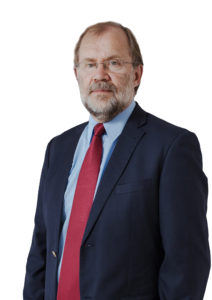
The Solidarity Movement is an Afrikaner organisation in South Africa that originated from the trade union Solidarity, which over the years has developed into a broader movement that focuses on the protection and promotion of Afrikaner interests, and their language, culture and economic independence. The Movement has several subsidiaries and initiatives that aim to support and strengthen the Afrikaner community in a changing South African society.
The Solidarity Movement’s main objective is to ensure that the Afrikaner community continues to exist at the southern tip of Africa in a manner that is sustainably free, safe and prosperous. It focuses on self-reliance, cultural preservation and creating a strong, self-sufficient community capable of promoting and protecting its own interests. The Movement also promotes solidarity between its members, and works to ensure a safe and prosperous future for Afrikaners in South Africa.
Flip Buys, chairperson of the Solidarity Movement, has a clear and strategic vision of the place and role of Afrikaners in contemporary South Africa. His approach is based on the principles of self-reliance, community development and the protection of the Afrikaner identity within the context of a multicultural society. Below follows an outline of his strategy and views:
Independence and economic power
Buys emphasises the importance of economic independence for Afrikaners. He argues that in order to ensure a sustainable future, Afrikaners must focus on the development of their own institutions, businesses and communities. Under his leadership, Solidarity has created a network of education, training and community initiatives that enable Afrikaners to empower themselves and their children through quality training and skills development.
Community development
Buys strongly believes in building strong communities as a basis for survival and success in South Africa. He emphasises that Afrikaners have to strengthen their community organisations, such as schools, churches, cultural organisations and businesses, in order to create a safe and supportive environment in which their culture and language can prosper. The Solidarity Movement plays a central role in this by offering support to Afrikaner businesses and community projects.
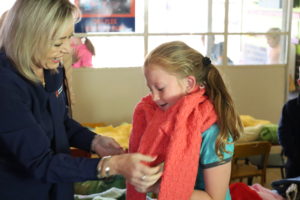
The preservation of identity
One of Buys’ core focuses is the preservation and promotion of Afrikaner identity and culture. He considers it essential to protect the language, history and traditions of Afrikaners, especially in a country where they are a minority group. This preservation is not just a nostalgic effort but a strategic step to build a sense of community and solidarity among Afrikaners, enabling them to be stronger and more united in the face of challenges.
Political self-preservation
Although Buys and the Solidarity Movement are not explicitly party politically inclined, they are aware of the importance of political self-preservation and influence. Buys supports the idea that Afrikaners should apply themselves to protect their interests by engaging with all levels of society, including political parties, but with an emphasis on maintaining an independent and self-reliant position. Solidarity’s strategy focuses on legal action, advocacy of policies and the promotion of labour rights as ways to protect and promote the rights of Afrikaners within the framework of the Constitution of South Africa.
Solidarity and cooperation
A core aspect of Buys’ approach is the idea of solidarity – not only within the Afrikaner community, but also with other communities facing similar challenges. He advocates for the cooperation between different groups to promote common interests, especially in areas such as education, security and economic development. Buys considers it to be essential to build bridges and form alliances to promote a stronger and more united South Africa.
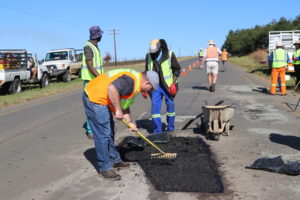
Vision for the future
Buys’s strategic view of the Afrikaners’ place in South Africa is based on a long-term vision that focuses on sustainability and independence. He believes that by focusing on education, economic development and cultural preservation, Afrikaners would not only secure their place in South Africa, but would also make a positive contribution to the wider society.
Overall, Flip Buys views the Afrikaner community as an entirely independent, organised and empowered group that is fully capable of determining its own destiny, while at the same time being part of the South African society at large.
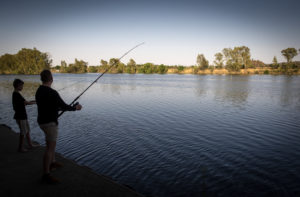
The Solidarity Movement’s main components
- The trade union Solidarity: The trade union forms the core of the Solidarity Movement. The trade union is one of the oldest trade unions in South Africa, and has its roots in the Mine Workers’ Union which was established 1902. The trade union focuses on defending labour rights, improving working conditions and supporting its members, mainly coming from the Afrikaans community.
- AfriForum: This organisation is a civil rights organisation that functions under the banner of the Solidarity Movement. AfriForum focuses on the protection of minority rights, with specific attention being given to the Afrikaans community. This includes the promotion of Afrikaans education, the preservation of cultural heritage and legal action against discrimination and corruption.
- Sol-Tech and Akademia: These are educational institutions founded by Solidarity to empower Afrikaners by offering technical and higher education in Afrikaans as medium of instruction. Sol-Tech focuses on technical and vocational training, while Akademia offers higher education, with both institutions functioning in an Afrikaans environment.
- Solidarity Helping Hand: This philanthropic organisation within the Solidarity Movement focuses on poverty alleviation and community development. Solidarity Helping Hand’s projects include lending support to poor families, making scholarships available to indigent students and various other initiatives that are undertaken to support communities.
Why is international support important?
The international community’s support for Afrikaners in South Africa is about more than just protecting a single group; it is about promoting minority rights, preserving cultural diversity and contributing to the stability and progress of South Africa as a whole. By supporting Afrikaners, the international community supports a broader vision of a world where diversity is respected and cherished.
-
Preservation of cultural diversity
Afrikaners have a unique cultural identity that has developed over more than three centuries. Their language, Afrikaans, and their cultural practices, including traditions, music and literature, form an important part of South Africa’s diverse cultural tapestry. The international community, which values the preservation of cultural diversity, can play a role in supporting initiatives aimed at preserving and promoting this culture together with all other cultures.
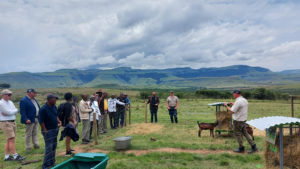
-
Human rights and minority protection
Like any minority group in a multicultural society, Afrikaners are at risk of discrimination and marginalisation. In the present-day South Africa, where policies such as affirmative action and land reform are controversial issues, there are instances where Afrikaners feel that their rights are threatened. International support can help ensure that the rights of Afrikaners are protected as a minority group, and that they have equal access to economic opportunities and basic services.
-
Education and economic development
Education is one of the pillars of any society’s progress. Afrikaners, like all other communities, strive to have access to quality mother tongue education. Institutions such as Sol-Tech and Akademia offer training and education in Afrikaans, contributing to the empowerment of the Afrikaner youth. International support can help these institutions to expand their capacity and to make quality education available to more people, ultimately promoting the economic development of the entire community.
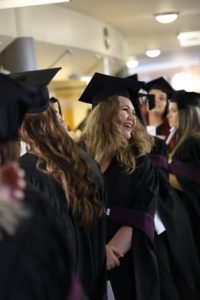
-
Protection against economic marginalisation
In the current South African context, there is an ongoing debate about affirmative action and land reform, which are intended to correct historical injustices. Although these policies are well-intentioned, they harm South Africa as a whole and create opportunities for corruption. International support can help ensure that merit, and not skin colour, becomes the basis of economic growth.
-
Peace and stability in South Africa
The stability of any country depends on the harmony and cooperation that exist between its different population groups. By supporting Afrikaners in their efforts to build a sustainable and just future for themselves, the international community can contribute to the greater goal of peace and stability in South Africa. This includes support for dialogue and cooperation between the different cultural and ethnic groups in the country.
Conclusion: Afrikaners are here to make a difference
The following words are from a well-known folkloristic Afrikaans song: “Afrikaners is plesierig, dit kan julle glo.” (“Afrikaners are jolly, that you can believe …”) It simply feels right to answer the question “Who is the Afrikaner?” by concluding with these words.
Afrikaners are friendly, fun-loving people who work hard in their communities and want to build a better future for their children. They are not the oppressors of the past, and they strive not to be the oppressed of the future either. Afrikaners are people who do things themselves – they are builders of the future and a valuable cultural group in South Africa.
To conclude with the words of Danie Langner: “No one is blind to the mistakes of our Afrikaner cultural household. We see where the paint is peeling, we hear the floorboards creaking and we know the garden needs attention. No matter what the cultural house looks like today, it is your language and your culture, part of who you are. It is within the house that you are needed. Embrace your role as a steward, be proud of your people for who they are, and (be there) where you have to realise a difference to the future. Your home is where your heart is”.
